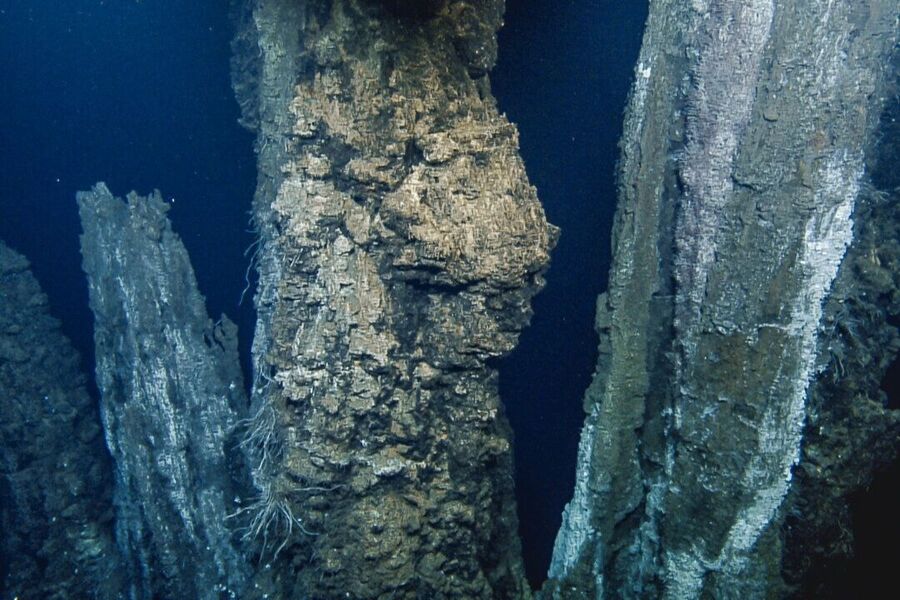OF THE
TIMES
Storm Monica swept across the country from 08 March 2024 bringing extremely heavy rain. Some areas in the south recorded more than 300 mm of rain in 48 hours. Since 09 March, the rain has triggered severe flooding in the departments of Gard, Ardèche and Var.Update March 13
The body of a man was found yesterday evening (March 12) in the Ardèche department, three days after a hydroelectric plant worker went missing in the area.
It was discovered by hunters and relatives of the 73-year old who disappeared on Saturday evening during flash flooding.
The body was found close to a micropower station along the Eyrieux river, where the man was working during Saturday evening's storms.
Authorities believe it is most probably the body of the missing man, however rescue workers and police forces were unable to reach the location of the body last night but planned to make a fresh attempt this morning.
It now brings the death toll from the weekend's storms and high waves to seven - six in the south of France and one in the west.


Comment: Related: Argentina floods: Buenos Aires streets turn into rivers after torrential rain